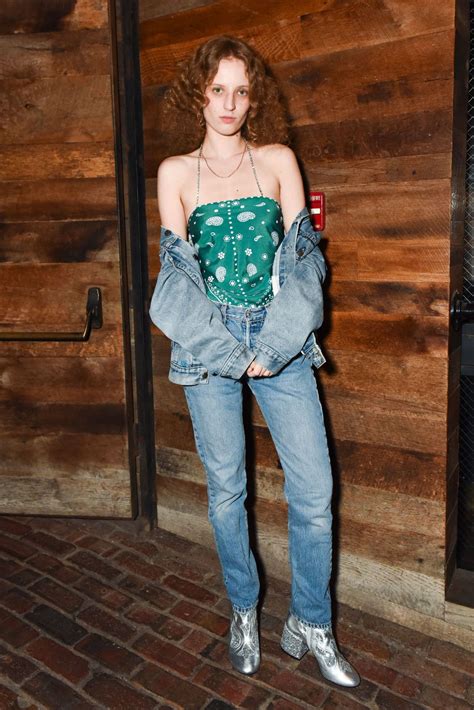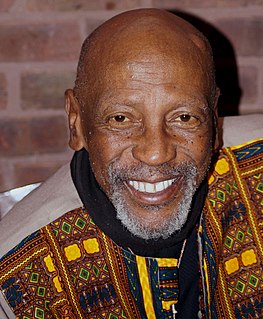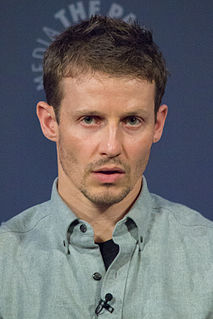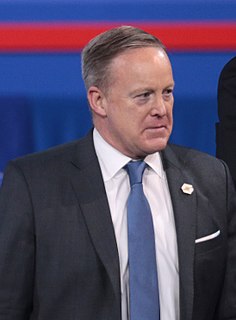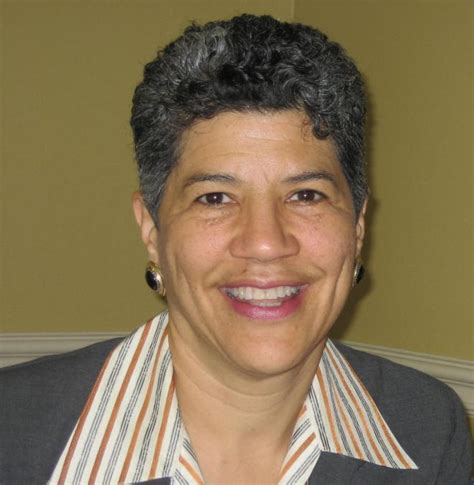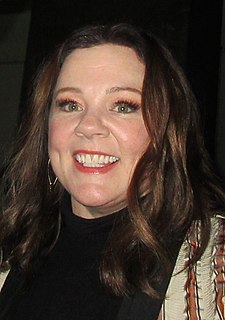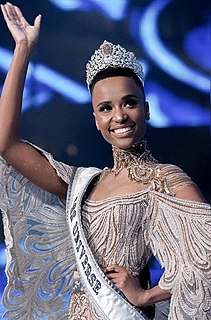A Quote by Gloria Steinem
I'm so happy that we're finally hearing the stories and voices of women who make America. We do what we see, not what we're told, so an incomplete story of this country damages everyone.
Related Quotes
I don't think that there's a target audience at all. These stories were in circulation. The stories were told by men, told in the marketplace by men, but also behind doors by women, but there's no real record of this. It's likely they were told by women to children in their interior rooms. The story could be a negative story, they could be presented as a, "Watch out! Women will get round you, do things to you, weave you in their toils." It could be buried in it an old cautionary story about women and their wiles.
America doesn't exist in decline! America never has existed in decline, and people do not want to be told that the country that they live in now is in decline and to live it, learn it, and love it. And so they rejected it. So Van Jones goes out and he understands it's not racism - at least he says he understands. I'm gonna give him the benefit of the doubt. He says he understands. He hears... He listens to Trump's speech and he finally sees how other people are hearing it.
But many, many stories were told; from what could be gathered, all fifty of the mine's inhabitants had reacted on each other, two by two, as in combinatorial analysis, that is to say, everyone with all the others, and especially every man with all the women, old maids or married, and every woman with all the men. All I had to do was to select two names at random, better if different sex, and ask a third person, "What happened with those two?" and lo and behold, a splendid story was unfolded for me, since everyone knew the story of everyone else.
A man who tells secrets or stories must think of who is hearing or reading, for a story has as many versions as it has readers. Everyone takes what he wants or can from it and thus changes it to his measure. Some pick out parts and reject the rest, some strain the story through their mesh of prejudice, some paint it with their own delight. A story must have some points of contact with the reader to make him feel at home in it. Only then can he accept wonders.
We live in a world where bad stories are told, stories that teach us life doesn't mean anything and that humanity has no great purpose. It's a good calling, then, to speak a better story. How brightly a better story shines. How easily the world looks to it in wonder. How grateful we are to hear these stories, and how happy it makes us to repeat them.
I think most people aren't really privy to how stories are developed and what stories are - make it to the front page or to the mainstream media, whether it's in print or in broadcast. And I think they'd be shocked and disappointed to see some of the bias that exists in some of the stories that don't get told - or the manner in which they are told.
I think there's so many points of view that you want to make sure your stories are being told from men and women... you get all of the different backgrounds. You don't want every story being told from the same point of view. So just for better storytelling, I'm like, 'Yes, please, bring some more ladies on.'
I had the privilege of hearing incredibly brave women standing up to tell their stories - harrowing stories that reduced many of us listeners to tears. But with each story, the taboo around domestic abuse weakens and the silence that surrounds it is broken, so other sufferers can know that there is hope for them and they are not alone.
During the first campaign, one of my jobs as my husband's spouse was to travel around the country and really listen to women. There were voices that were new to me: the voices of military spouses, many of them women, and veterans.... I was overwhelmed by their challenges, and the notion that we as a country don't even know that these women exist, because we live in a country where one percent of the population protects the rights and freedoms of the other 99 percent of us. I thought that if I had the opportunity to serve as First Lady, I was going to use this platform to be their voice.



